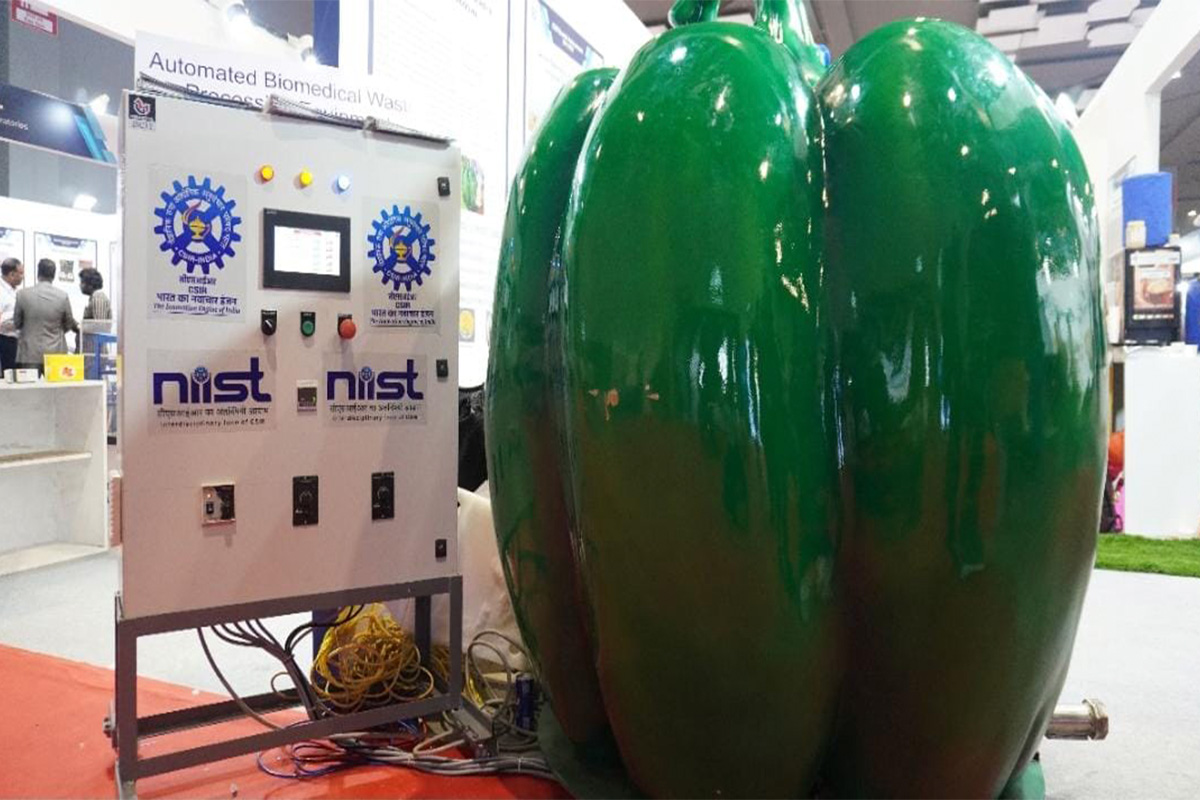NEW DELHI: An innovative solution to convert biomedical waste into soil additives has been developed by the Council of Scientific and Industrial Research’s (CSIR) National Institute for Interdisciplinary Science and Technology (NIIST).
This breakthrough is significant given that India generates over 700 tonnes of biomedical waste per day.
The NIIST system uses a dual disinfection-solidification process to disinfect both liquid and solid biomedical waste, including urine, saliva, blood, bacterial broths, cotton, tissues, swabs, needles, and syringes. The system then converts biodegradable waste into soil additives while lab disposables are prepared for direct recycling.
This system has several advantages over traditional methods of biomedical waste disposal, such as red-bagging. It is easier and safer to segregate, transport, and dispose of disinfected medical waste. It is also less expensive for healthcare facilities.
NIIST has filed three families of patents for this process. The institute is currently working on commercializing the technology.
Segregation, transportation and disposal of such disinfected medical waste are easier and safer with significant reduction in cost for a healthcare facility and less expensive than red-bagging (a method for containing medical waste), as per officials.
This innovative solution from NIIST has the potential to revolutionize the way biomedical waste is managed in India. It can help to reduce the environmental and health hazards associated with biomedical waste, while also providing a valuable resource for agriculture.

